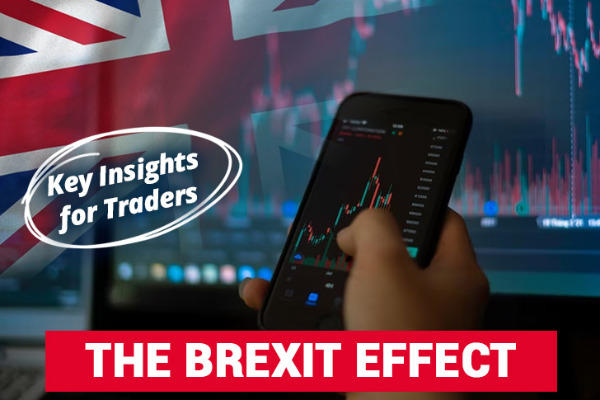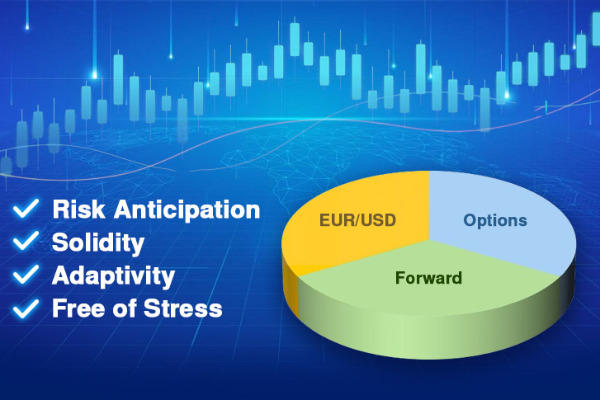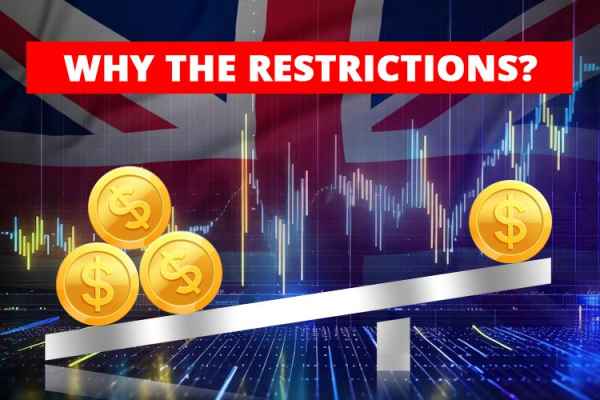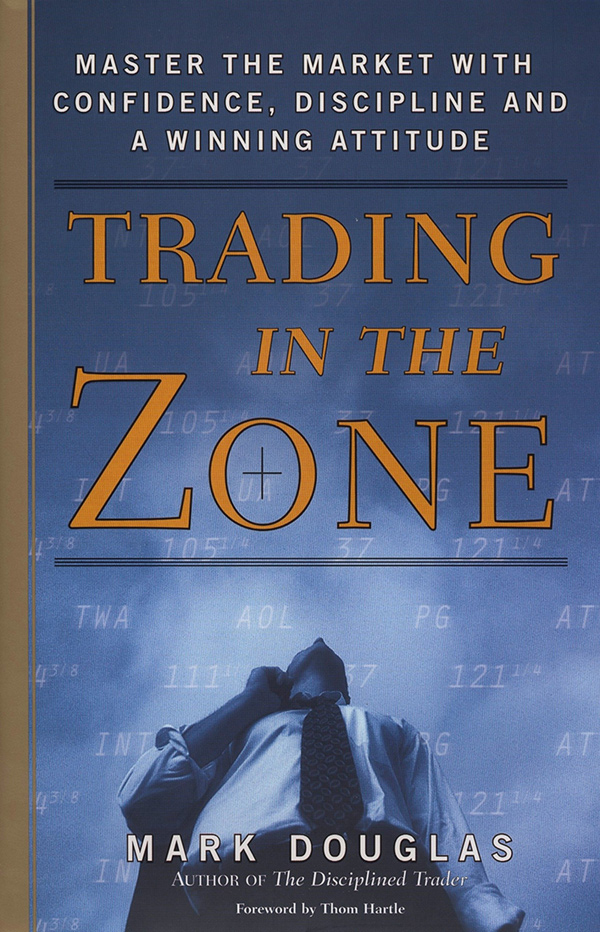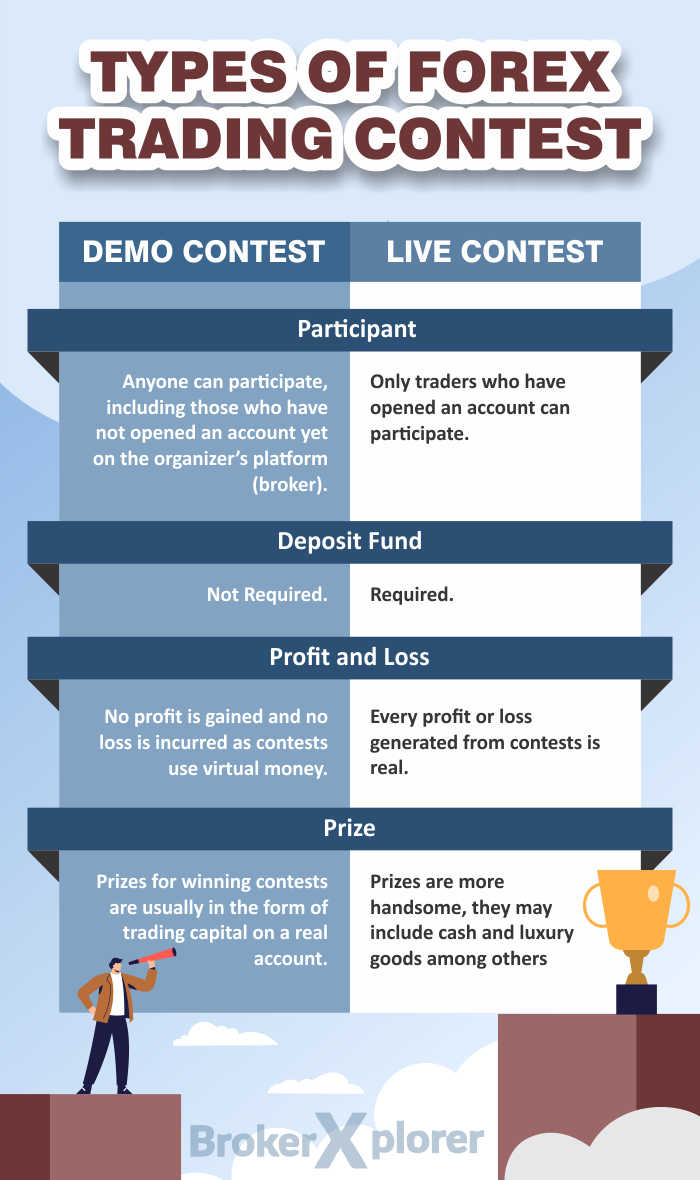There's a thin line that separates gambling and trading. Learn how to become a true professional trader in this article.
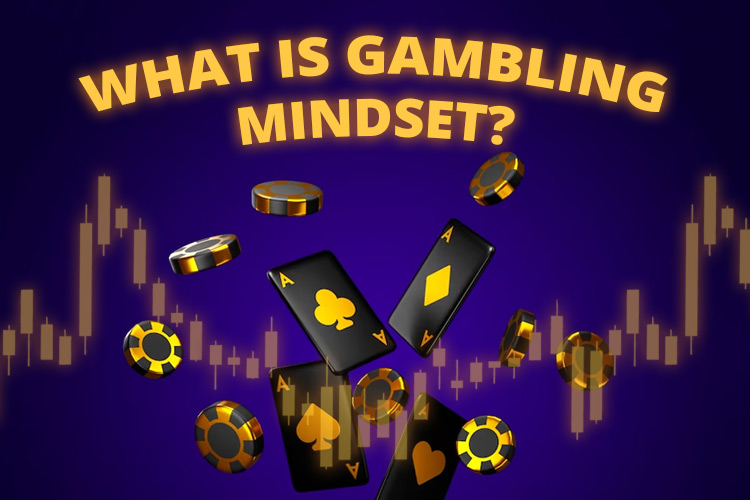
The appeal of trading in financial markets is undeniable. Millions of people with various backgrounds, ages, and occupations participate in trading markets every day, attempting to win and bring home a generous amount of profit.
However, not many of them actually exit the market with a full bag. Most of them end up losing their initial capital and might even decide to stop trading altogether.
As a beginner, it's important to start trading with the right mindset. It's a common perception among novice traders that trading is extremely profitable, to the point where it can make someone a millionaire overnight.
Many people also like to compare trading with gambling, so they treat their trades like they're in a casino and use what's often known as "the gambling mindset". Little did they know this is not the case at all.
Once you understand the difference between trading and gambling, you'll get a much better idea of what it truly means to be a trader. Today, we're going to discuss everything that you need to know about the gambling mindset and how to get rid of it effectively.
1. Understanding the Gambling Mindset in Trading
At a glance, trading can be easily mistaken for a form of gambling. Unfortunately, that does not mean they are one and the same. In gambling, success is purely based on luck. Gamblers simply should make a random bet to decide their fate. This is not the case in trading, though.
Traders who can continuously generate profit are not considered lucky. It's impossible to get consistent profit for years just by being lucky.
While gambling is full of uncertainty and more like a game, the goal of trading is to make an accurate calculation of market movements. Traders can manage their trading risks and use various tools to prevent them from losing too much money.
Unfortunately, traders with a gambling mindset are quite common and many of them may not even realize it. To begin with, the lure of high profits is surely very tempting.
It's easy to just listen to the genie inside their heads and end up risking too much money with high leverage. We might think that it's okay to take extra risks in exchange for extra profits, thinking that it's all going to be worth it in the end.
In reality, there's a tiny chance that such a scenario could happen. Not without a proper strategy, at least.
The gambling mindset typically strikes when there's a special event on the market, such as the release of big economic news or earning reports. This can make the prices move faster, more volatile, and make sharper turns.
During this time, smart traders would take a break or hedge positions to minimize the risks. Meanwhile, gambler traders would go all in, opening large positions because they are driven by greed and refuse to see the cost if they are wrong.
Most of the time, the gambling mindset is found in novice traders. It is a natural consequence of not understanding the market and how trading works in general.
After a while, many of them would realize that something's not right with their method, using the consistent losses as a wake-up call to improve their skills.
However, such losses can also trigger desperation and make them give up trading. They might just call it a day and quit the market as fast as they came.
2. Types of Gambling Mindset in Trading
The gambling mindset is not always obvious and visible to the naked eye. We've mentioned that some people don't even realize it until it's too late. To be more precise, there are several gambling characteristics that we can observe when trading. Here is the complete list.
Overly Confident When Making Predictions
Thinking that you can make a fully accurate market prediction is considered gambling because it is simply unrealistic. There's no guarantee that the market will move in a certain way at a certain time, so it's always unpredictable to some extent.
However, you can make an analysis based on historical prices and build a strategy with the various tools available in the market. If you simply "predict" without using any rational ideas as the basis, then I suggest that you change that habit and start learning the basics.
Too Stubborn to Act Rationally
It is unwise to force the market to think like you do because you're the one that's supposed to follow the market and take advantage of it. If you're just too stubborn to accept that, then you simply won't go anywhere.
It's the same as gambling – you have no idea what the outcome is, yet you still do it anyway. Instead, it's better to leave enough room for error and avoid having a binary way of thinking when trading. Use your analytical skill to assess the situation and be flexible.
Not Placing a Stop Loss
Perhaps the most obvious type of gambling in trading is when traders refuse to place stop losses on their trades. Risk management is a serious matter in trading because risking too much money can give you trouble.
No matter how confident you are with your strategy, it is still important to place stop losses as a safety net that could automatically kick you out of the market when things go wrong.
Stop losses can also save you from emotional trading. Getting consecutive losses can make you feel angry or frustrated, whereas too many winning trades can get you overconfident and greedy.
This is why you need stop losses to enforce discipline and ensure that the trade is going as planned.
Avoiding Trading Plan
Aside from avoiding stop losses, some traders also prefer to trade blindly without any strategy whatsoever. Trading without a strategy is practically the same as gambling.
Even though the market is indeed unpredictable, it's definitely unwise to randomly open a position and wish for the best. There are many factors that must be considered such as the type of asset, timing, trading style, and more.
3. How to Overcome Gambling Mindset
If you think you have a gambling mindset, don't worry! Here are some tips to help you get rid of it:
-
Education is the most obvious answer to start trading professionally. There are many learning resources scattered on the internet these days – some are free and some are paid. You can also take advice from expert traders and discuss it with other fellow traders. Once you get the idea of how it works, you can start deciding on the strategy and do some practice.
- If you have a stubborn issue, the solution is to look for confirmation signals before you enter the market. This is also a great way to prevent you from being overly confident with your analysis. Confirmation signals can come in various forms, so make sure to learn the different types. It's also recommended to use multiple tools or indicators just in case you come across fake signals.
- Having proper money management is the next solution to gambling mindsets. It's important to understand your capability and decide how much you're willing to risk. If you're fully aware of the losses that you might get, you will be motivated to use a better risk management system and manage your investments carefully.
- Last but not least, discipline is needed for successful trading. It's important to stick to the plan regardless of the outcome. This way, you can monitor your performance and analyze what you can improve. If you follow your emotions, you won't be able to evaluate the trade. You need to understand that you are not a gambler who simply goes with the flow and speculate the market for quick profits without thinking about making consistent profit in the long term.
Final Thoughts
As explained in the article, there is a thin line that separates gambling and trading. Yet, it can determine how successful you are as a trader.
Financial markets may offer a lot of trading opportunities and a chance to build a long-term investment, but only if you are willing to learn how it works and manage your risks appropriately. On the other hand, the market is a nightmare for those who trade with a gambling mentality.
At the end of the day, remember that when it comes to trading, there's always room for improvement. Even expert traders still need to read the news to get the latest updates and learn about new indicators as well as strategies to stay relevant.

 Dedicated FREE FOREX VPS
Dedicated FREE FOREX VPS Free FOREX Virtual Private Server
Free FOREX Virtual Private Server MT4 Demo Contest, Get $500
MT4 Demo Contest, Get $500 Sign Up for an Account, Claim 60% Deposit Bonus
Sign Up for an Account, Claim 60% Deposit Bonus Free MT4/MT5 VPS 2024
Free MT4/MT5 VPS 2024 Send E-mail and Get Free Merchandise
Send E-mail and Get Free Merchandise $1K Refer a Friend Bonus for Pepperstone Pro clients
$1K Refer a Friend Bonus for Pepperstone Pro clients Maximize Your Earnings with 100% Deposit bonus
Maximize Your Earnings with 100% Deposit bonus Trade to Win, $5,000 Monthly Demo Contest
Trade to Win, $5,000 Monthly Demo Contest Claim 30% + 15% Deposit Bonus from LiteFinance
Claim 30% + 15% Deposit Bonus from LiteFinance



